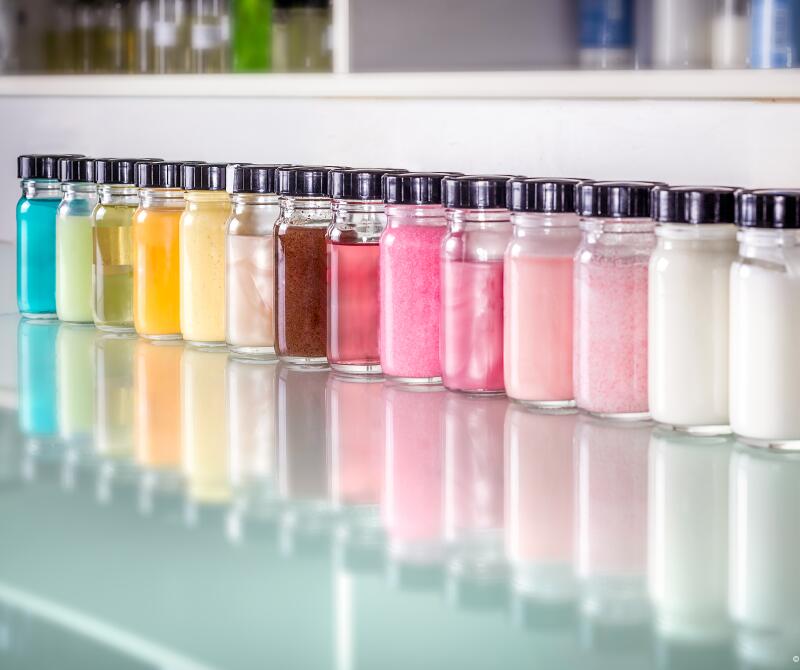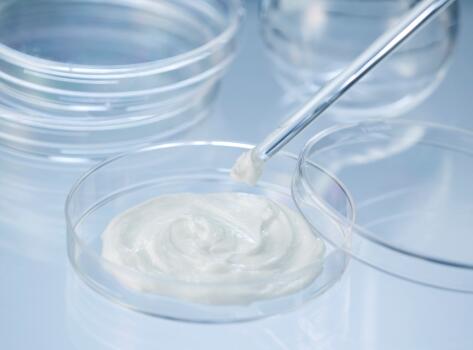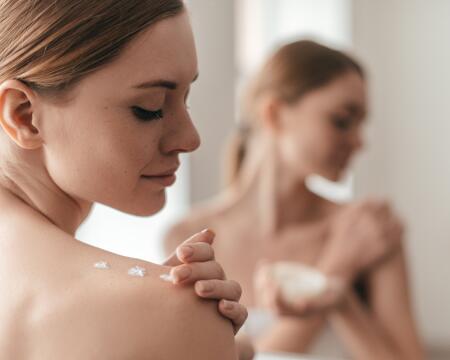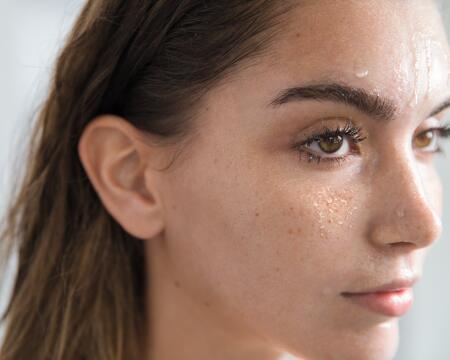Eau Thermale Avène ingredients
In complete transparency
These days, a few of you are wondering – and rightly so – about the composition of dermo-cosmetic products to the point of sometimes giving up using these products. We do not compromise on the safety of our products and work with highly qualified toxicologists to carefully evaluate them. We open up our tubes and bottles in complete transparency and tell you all about our policy concerning ingredients deemed “controversial”.

Which skin care routine should you adopt?
Identify what it really needs with the help of our experts and discover the most suitable skin care routine for you.



